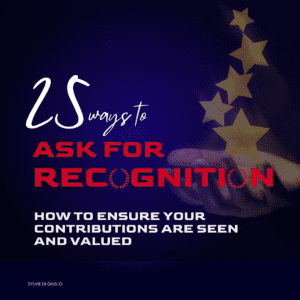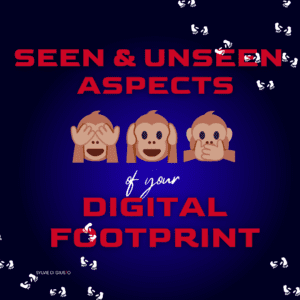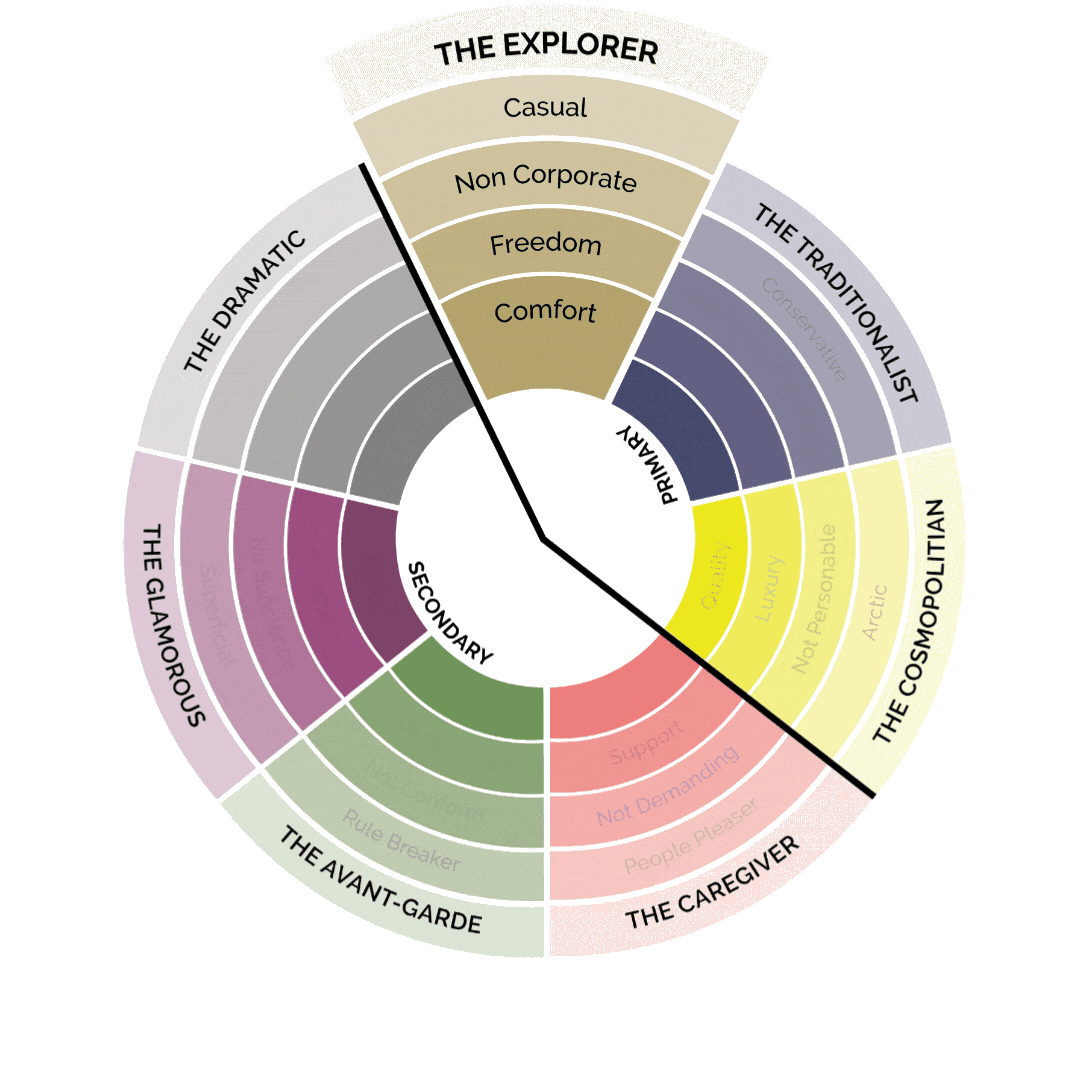Emotions aT WORK
30 Negative emotions at work that impact your reputation
At work, forming emotional connections with your colleagues, managers, and customers can be essential. However, there are certain emotions at work that you should avoid to foster positive, productive working relationships. These emotions can cause you to behave in ways that undermine your credibility and authority and negatively impact your decision-making abilities. They may also cause others to perceive you negatively, leading to conflicts or strained relationships with the people you work with.
Consequences of negative emotions in Sales can lead to:
- Inability to build trust and credibility with clients, resulting in lost sales opportunities.
- Poor decision-making and missed strategic opportunities.
- Increased stress, tension, and anxiety that can affect overall mental health and well-being.
Consequences of negative emotions in Leadership can lead to:
- Ineffective communication and poor decision-making.
- Decreased motivation and engagement among employees, which can impact their job performance and productivity.
- Negative feelings such as anger or resentment that can result in hostility, aggressive behavior, or passive resistance from team members.
Consequences of negative emotions in Customer Service can lead to:
- Rude or insensitive interactions with customers.
- Poor decision-making that can negatively impact customer satisfaction and retention rates.
- Increased stress, frustration, and emotional exhaustion from dealing with demanding customers daily.
To foster positive working relationships and avoid emotional pitfalls, it is essential to maintain emotional awareness and self-control at all times. This can help you more effectively manage your emotional reactions and avoid the negative consequences of these emotions.
Anger
When you feel angry, it can cause you to behave in aggressive or hostile ways, which may lead others to view you negatively or distance themselves from you. Additionally, being consumed by anger can cause you to focus solely on short-term gains while ignoring potential consequences, which can lead us to make poor decisions.
Signs that you feel anger in the workplace:
- Frequent outbursts of aggressive or hostile behavior
- Difficulty resolving disagreements or conflicts with others
- A tendency to view others in a negative light or
To manage anger in the workplace, it is crucial to take a step back and assess the situation objectively. This may allow you to see that your feelings of anger are not justified or that there may be other factors at play. You can then work to address the underlying issue calmly and constructively without letting emotions get in the way.
Anxiety
Anxiety is often felt as a sense of dread or unease, which can cause you to focus on potential negative outcomes. This emotional state can lead you to doubt your abilities or make impulsive decisions and may cause others to perceive you as being less competent or reliable.
Signs that you feel anxiety in the workplace
- Feeling tense or nervous around other colleagues, managers, or customers
- Frequent feelings of self-doubt or low confidence
- A tendency to ruminate on negative thoughts or outcomes
One effective way to manage anxiety at work is to keep a positive mindset and focus on your strengths. Taking regular breaks or engaging in activities that help you relax can also be helpful, as can reaching out to colleagues or managers for emotional support when needed.
Bitterness, Envy, Jealousy
Feelings of bitterness, envy, and jealousy can cause you to become resentful toward others or focus solely on what you lack. These emotions can also create distance between you and others. There is no value in harboring these emotions, as they will only lead to emotional turmoil and harm our ability to succeed.
Signs that you feel bitterness, envy, or jealousy in the workplace
- A constant focus on what we lack or have not accomplished
- Feeling envious of the success or achievements of others
- A desire to undermine the success of others
To manage these emotional states in the workplace, it is crucial to be mindful of your actions and reactions. It can also be helpful to focus on what you have rather than what you lack. It is vital to maintain a sense of gratitude for the things that you have and focus on working collaboratively with others.
Boredom
When you feel bored, it can cause you to lose focus and disengage from your work. This emotional state can also make others perceive you as lazy or uninterested in your jobs or duties. When you are perceived as bored, decision-makers may lose respect for you and question your ability to do your job effectively.
Signs that you feel boredom in the workplace
- Disengagement from projects and assignments
- Frequent feelings of apathy, lethargy, and detachment from work
- A tendency to cut corners, be careless or make poor decisions
To manage boredom in the workplace, finding ways to engage your interests and stay motivated is essential. This may involve setting goals and deadlines, seeking new challenges, or finding ways to make your work more interesting.
Confusion
Feelings of confusion can cause you to doubt your abilities or make impulsive decisions, which may lead others to perceive you as being less competent. When you appear confused or indecisive, decision-makers may question your ability to make sound judgments or reach conclusions.
Signs that you feel confusion in the workplace
- A tendency to make impulsive decisions
- An emotional attachment to a particular outcome or decision
- Inability to focus on key tasks or projects, often leading to procrastination
To manage confusion in the workplace, it is essential to stay calm and focused on your work. This may involve asking others for clarification or seeking out additional resources to help you better understand your tasks or projects.
Despair and Hopelessness
Others are looking at you to be a problem solver. Hopelessness and despair are the opposite of problem-solving. When you feel despair or hopelessness, it can cause you to lose focus and motivation, impacting your work performance. These emotional states can also make others perceive you as apathetic or disinterested in your jobs.
Signs that you feel despair or hopelessness in the workplace
- A tendency to avoid complex tasks or projects
- A general lack of emotional energy or motivation
- A tendency for emotional outbursts or criticism of others
To manage feelings of despair or hopelessness in the workplace, you may involve setting goals, seeking out new challenges, or finding ways to make your work more exciting and engaging. It can also be helpful to reach out to colleagues or managers for encouragement, as staying connected can help you stay motivated and focused.
Disappointment
Not everything will work out as you hoped. Disappointment can cause you to lose focus, leading others to perceive you as careless or unprofessional. These emotional states can also inhibit our ability to communicate effectively with colleagues and customers, damaging our professional relationships over time.
Signs that you feel disappointment in the workplace
- A tendency to become defensive when faced with constructive criticism or feedback
- A tendency to avoid difficult conversations or tasks
- A general emotional detachment from your work and colleagues
It is essential to remain flexible and resilient to manage feelings of disappointment in the workplace. This may involve setting realistic expectations or learning to let go of things beyond your control.
Exclusion
Today’s world of business is about being accepting and diverse. If you exclude anyone based on race, age, beliefs, etc., it could reflect poorly on your reputation. People may perceive you as being judgmental, intolerant, and inconsiderate. This emotional state can also lead to a lack of trust and understanding in your professional relationships, affecting your ability to collaborate successfully with others.
Signs that you feel exclusion in the workplace
- Prejudicial or discriminatory remarks or behaviors
- Frequent feelings of isolation, insecurity, or resentment
- A reluctance to participate in team activities or social events
To manage feelings of exclusion at work, it is vital to remain open-minded and inclusive in your interactions with colleagues. This may involve spending more time getting to know others, making an effort to different perspectives, or simply being respectful and considerate of others at all times.
Embarrassment, Shame, and Humiliation
Embarrassment and shame can cause you to lose focus and motivation, lowering your perceived competence in the eyes of others. These emotional states can also prevent you from effectively communicating with others and seeking help when needed. As a result, others may perceive you as being insecure or incompetent.
Signs that you feel embarrassment, shame, or humiliation in the workplace
- Feeling self-conscious or awkward
- Blushing, sweating, trembling, or stammering when speaking
- Hesitant or avoidant behavior
It is essential to remain confident and resilient to manage feelings of embarrassment, shame, or humiliation in the workplace. This may involve focusing on your strengths and achievements or letting go of things beyond your control.
Fear
When you are fearful, it can cause you to lose focus and motivation. This emotional state may also make others perceive us as anxious or unconfident, which can interfere with our work performance. If you are perceived as fearful, decision-makers may hesitate to entrust you with important tasks or projects, limiting your professional opportunities and growth.
Signs that you feel fear in the workplace
- Having difficulty formulating your thoughts or expressing yourself clearly
- Experiencing physical symptoms of anxiety, such as sweating, trembling, or a racing heartbeat
- Becoming defensive when receiving constructive feedback or criticism
To manage feelings of fear at work, it is vital to remain calm and grounded in your interactions with colleagues. This may involve taking time for self-care and emotional management, seeking emotional support from others when needed, or simply focusing on the tasks at hand.
Frustration
Various things can frustrate you during your work, but feelings of frustration can impact your focus, motivation, and emotional state. This emotional state may also make others perceive you as unproductive or unreliable. If you are frustrated, decision-makers may hesitate to entrust you with important tasks or projects, limiting your professional opportunities and growth.
Signs that you feel frustration in the workplace
- Frequent emotional outbursts or expressions of anger
- Perceiving others as being incompetent, uncooperative, or slow
- An unwillingness to collaborate or seek feedback from others
To manage feelings of frustration at work, it is essential to remain patient and calm in your interactions with colleagues. This may involve taking time to reset and recharge. By staying level-headed and resilient in the face of frustration, you can avoid letting emotional states like frustration impact your professional relationships or work performance
Guilt
There’s not much to gain from feeling guilty. When you feel guilty, you may become preoccupied with negative thoughts of regret and self-doubt. These emotional states can make others perceive you as unconfident or undeserving of success. If you are perceived as guilty, decision-makers worry you will be less committed and may be hesitant to entrust you with important tasks or projects, limiting your professional opportunities and growth.
Signs that you feel guilt in the workplace
- Insistent self-criticism about or over-commitment to specific tasks or projects
- An inability to let go of things that are beyond your control
- Frequent emotional outbursts or expressions of anger directed at yourself or others
To manage feelings of guilt at work, it is essential to find constructive ways to deal with your emotions. This may involve talking to a trusted colleague or manager, reflecting on the situation that led to this emotional state, or simply taking some time for yourself to reset and recharge.
Helplessness
Helplessness shows that you are incapable of completing the task at hand. Feelings of helplessness can impact our focus, motivation, and emotional state. This emotional state may also make others perceive you as unproductive or ineffective. Decision-makers may think you are not up to the challenge and worry that you will struggle to complete the work.
Signs of feeling helplessness at work
- Excessive pessimism, anxiety, or fear about the situation at hand
- Prolonged periods of isolation and withdrawal from colleagues or teammates
- Persistent self-doubt or feelings of inadequacy
To manage feelings of helplessness at work, it is essential to remain confident and resilient in the face of setbacks. This may involve seeking emotional support from others, focusing on things within your control, and breaking down complex tasks into smaller pieces to help you stay organized and focused. By managing your emotions effectively, you can avoid letting feelings of helplessness impact your professional relationships, performance, or career growth.
Impatience
Many people drag their feet on projects which can cause you to become impatient. Feelings of impatience can impact your focus, motivation, and emotional state. This emotional state may also make others perceive us as unproductive or unreliable. If you are too impatient, decision-makers worry that you are not focusing on the big picture, are not as committed to the work, and may be hesitant to entrust you with important tasks or projects.
Signs of feeling impatience at work
- Constant worry about the project timeline or deadline
- Resistance to changes in plans, ideas, or processes
- Persistent distraction and irritability with colleagues and teammates
To manage feelings of impatience at work, remaining calm and focused in your interactions with colleagues is essential. This may involve setting more explicit expectations for your job or slowing down your pace to ensure that all tasks are completed to the best of your ability.
Inadequacy, Insecurity, Uncertainty
When it comes to the world of business, confidence is key. Inadequacy, insecurity, or uncertainty are feelings that may be perceived as you are not up to the task at hand. This emotional state may make others perceive you as unconfident or undeserving of success. Decision-makers worry that you are not competent enough to complete the tasks or struggle to complete the work.
Signs of feeling inadequacy, insecurity, or uncertainty at work
- Constant worry about the quality of your work
- Persistent self-doubt or feelings of being overwhelmed by a particular project
- Anxiety about how others perceive you in the workplace
To manage feelings of inadequacy at work, it is crucial to building up more self-confidence. This may involve prioritizing the areas where you feel most confident in your abilities, developing a positive mindset, and building emotional resilience.
Isolation, Loneliness
Everyone feels isolated every so often. These emotions lead to depression and rob you of your optimistic attitude. Decision-makers worry that if you feel isolated or lonely, you may be more vulnerable to outbursts and less likely to collaborate with colleagues.
Signs of feeling isolation or loneliness at work
- Excessive emotional outbursts or emotional negativity toward others
- Prolonged periods of isolation and withdrawal from colleagues or teammates
- Persistent self-doubt or feelings of loneliness, regardless of the situation
To manage feelings of isolation or loneliness at work, building and maintaining strong social connections is essential. This may involve actively reaching out to others, joining team or company-wide events, and making an effort to connect with your colleagues on a personal level.
Neglect
Feelings of neglect can cloud your judgment and may also lead others to perceive you as being ungrateful or apathetic. Decision-makers may worry that you are not paying attention to the team’s needs and are not committed to the work.
Signs of feeling neglect in the workplace
- Ignoring or avoiding essential work responsibilities
- Failing to respond to communications from colleagues, managers, or customers
- Constantly putting off tasks and letting deadlines slip by
To manage feelings of neglect at work, it is important to develop emotional self-awareness and empathy. This may involve practicing active listening, actively engaging in team-building activities, and communicating your needs openly with others.
Regret
It’s essential to learn from your mistakes. But regret can cloud your judgment. This emotional state may make others perceive you as stuck in the past, unmotivated, or unprofessional. Decision-makers may worry that if you are regretful, you may be less willing to take risks or try new things and may instead cling to the status quo.
Signs of feeling regret at work
- Constantly dwelling on past mistakes or failures.
- Avoiding new opportunities due to feelings of insecurity or inadequacy
- Persistently negative emotional state, even in the face of success
To manage feelings of regret at work, it is vital to cultivate emotional resilience and self-compassion. This may involve learning to overcome past mistakes and move forward positively.
Rejection
Rejection is often a part of life and also occurs at work. However, this emotional state may make others perceive you as pessimistic or unapproachable. Decision-makers may worry that if you feel rejected at work, you may be less willing to build emotional connections with colleagues or engage in team-building activities.
Signs of feeling rejection at work
- Rejecting opportunities for professional growth or advancement
- Persistently negative emotional state, even in the face of minor setbacks or criticisms
- Avoiding emotional connections with others due to a fear of rejection or emotional vulnerability
To manage feelings of rejection at work, it is important to develop emotional self-awareness and focus on emotional connection. This may involve reaching out more often to others or actively seeking emotional support from your team. Additionally, it may be helpful to focus on building emotional resilience by practicing gratitude and cultivating a positive mindset.
Sadness
We all know the expression, “laugh and the world laughs with you, cry and you cry alone.” Unfortunately, there are a lot of sad things that happen in the world. But it’s essential to maintain an upbeat attitude if you want to be successful. Sadness can cloud our judgment, making others perceive us as depressed or apathetic. Decision-makers may worry that you may be less likely to make good decisions or be productive at work if you are sad.
Signs of feeling sadness at work
- Persistently negative emotional state, often in response to minor challenges or setbacks
- Avoiding emotional connections with others due to feelings of isolation or emotional vulnerability
- Constantly complaining and focusing on the negatives rather than looking for solutions or seeing the positives.
To manage feelings of sadness at work, it is essential to practice emotional self-awareness. This may involve seeking emotional support from your team, prioritizing self-care and stress management activities, and focusing on emotional connections with others.
Worthlessness
If you don’t believe in yourself, no one else will. Never let worthlessness rule your emotions. Be confident in your abilities, and others will feel confident about working with you because worthlessness is a negative emotional state that may lead you to engage in behaviors that alienate others or damage your work performance, such as acting defensively or avoiding collaboration with colleagues.
Signs of feeling worthlessness at work
- Avoiding emotional connections with others due to feelings of emotional vulnerability or inadequacy
- Exhibiting negative emotional behaviors such as defensiveness, hostility, or anger toward colleagues and decision-makers
- Persistently negative emotional state, even in the face of success or praise from others
It is essential to focus on emotional connections to manage feelings of worthlessness at work. This may involve practicing gratitude, refocusing your attention on your successes and achievements, and reaching out to others for emotional support when needed. Additionally, it may be helpful to seek professional counseling or therapy if these feelings persist or become debilitating.
At the end of the day, negative emotions are part of any career. But by developing emotional self-awareness, cultivating emotional resilience, and focusing on emotional connections with others, we can manage these emotions in a way that allows us to thrive in our careers.
Emotional intelligence is a critical skill for success in any workplace. By developing emotional intelligence, you can manage your emotions effectively and avoid letting negative emotions impact your professional relationships or work performance. With emotional resilience as our foundation, you can move forward confidently, knowing you have the emotional stability to succeed.
Decision-makers value emotional intelligence because it enables you to effectively manage your own emotional states and interact positively with others. Whether you are communicating with colleagues, collaborating on projects, managing difficult conversations, or dealing with conflict, emotional intelligence allows you to engage in these interactions confidently and effectively.
Ultimately, not just do you need to avoid emotional states that could harm your professional relationships. Still, you need to prioritize positive emotional connections with decision-makers and other key stakeholders to succeed in your role. Find out more here.
30 Negative Emotions at Work in a Nutshell

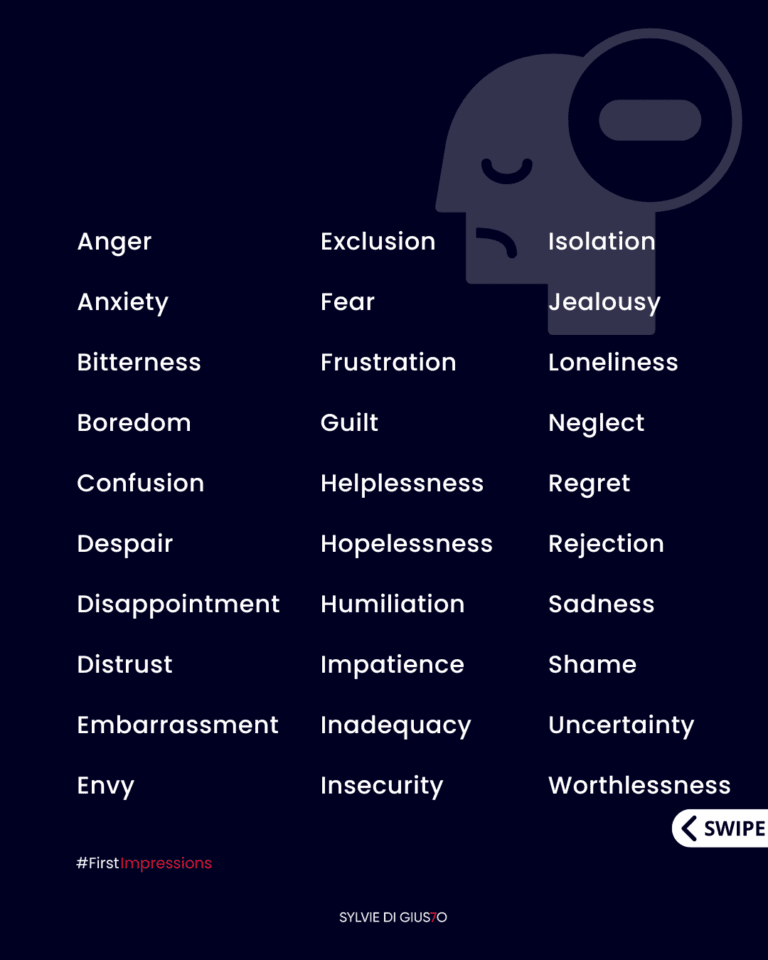
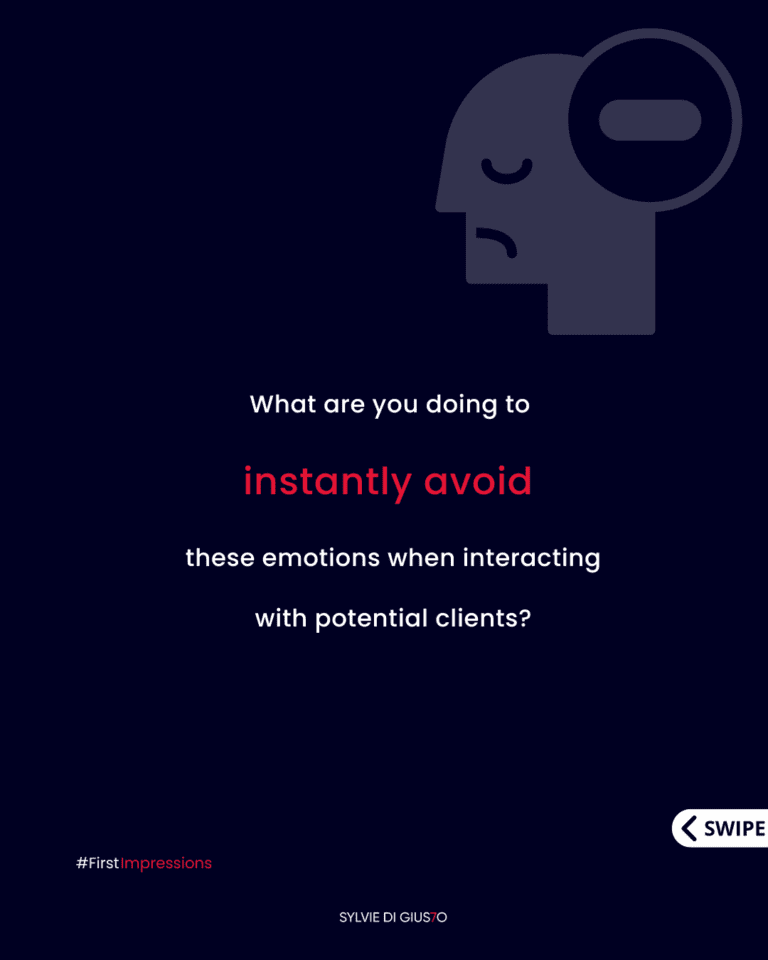
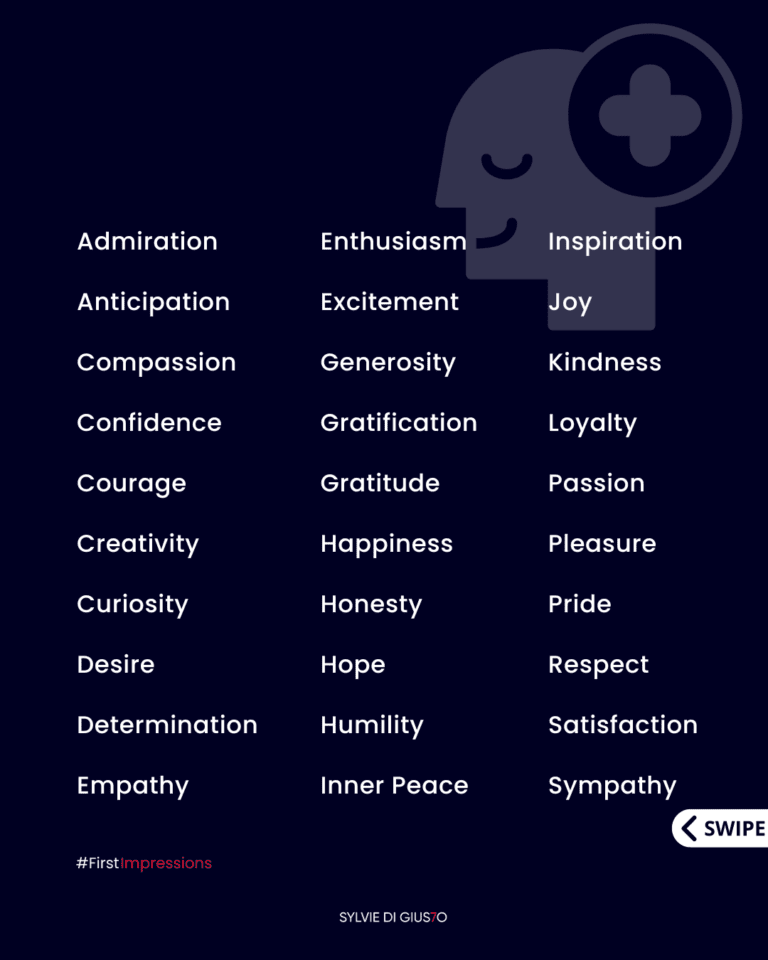
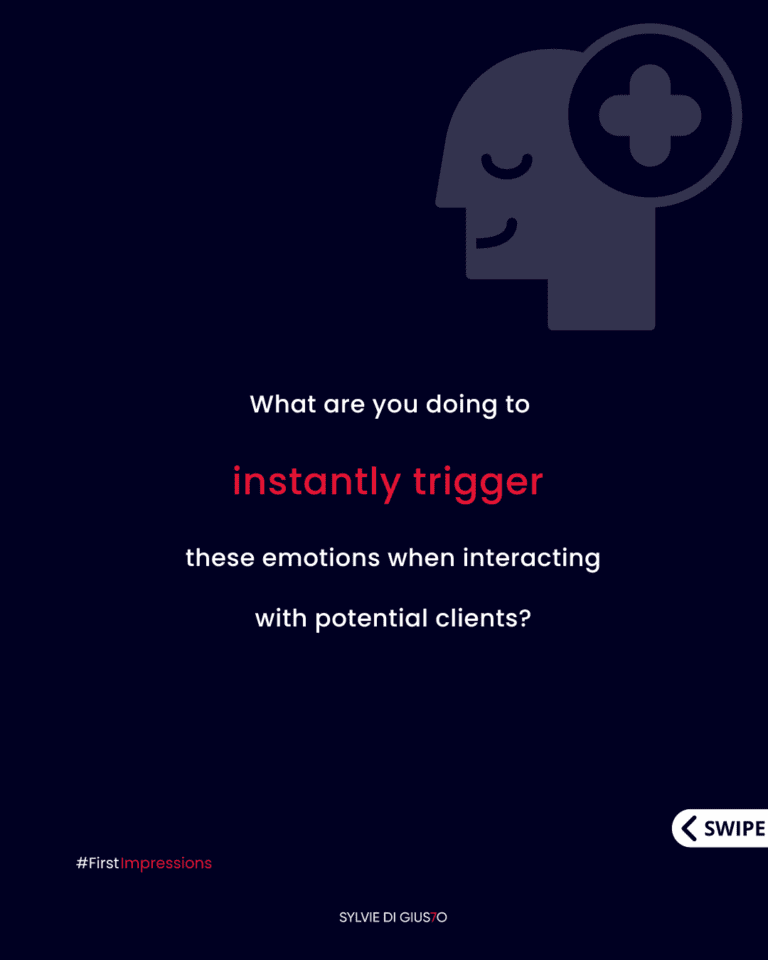

PS: Interested in more content like this? Make sure to follow me on Instagram. It’s where I visualize and publish my thoughts daily. I hope to see you there.
